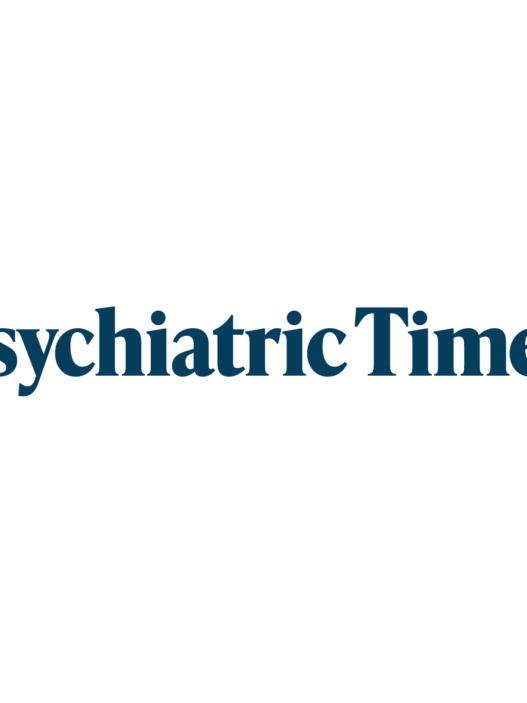
PSYCHIATRIC VIEWS ON THE DAILY NEWS
From the very appreciated direct feedback to me, it appears that putting one’s birthday in the context of that date in history was intriguing to many readers. There are various sources, including AI, available to use as sources besides the one Google source I used. These additions seem to strikingly add to the richness of identity and mental health repercussions of each of us in history. Here’s some new examples and feedback, anonymously provided.
- 1818: Karl Marx was born. As famous as he was, I missed him in my original source. Perhaps his omission reflects the mixed assessment of communism over time and place. We have been discussing manifestos in Psychiatric Times recently, and Marx wrote The Communist Manifesto. However, the ideal of adequately sharing resources for all has at times resulted in an authoritarian left-leaning government, which is the other side of the coin of a more fascist conservative government. We have both in the world now. Neither is particularly good for the general mental health of its citizens. Potentially, democracy and controlled capitalism will likely be better for mental health. Available participation by itself can contribute to self-esteem.
- 1930: Mahatma Gandhi was arrested and imprisoned without trial. Ensuing were country-wide protests that eventually led to the British leaving India 17 years later. Gandhi illustrated great courage, modesty, and emotional control as a model and leader to end imperialism.
- May 3 associations. Another colleague quickly looked what might be connected to a birthday of May 3. In 1937, “Gone with the Wind” won the Pulitzer Prize. In 1980, the baseball hero Willie McCovery, one of the early Black baseball stars that broke the racism barrier, hit his 521st and last home run. And in 2021, the US Environmental Protection took its first significant step against climate change, though the current government administration is rolling back such endeavors, which will inevitably endanger mental health with climate-related disturbances.
- July 25 associations. This colleague always appreciates finding out about something good happening on that day, as if “It must mean that I am good too.” Another close friend of mine was also born on July 25.
Then, there were a couple of general comments.
One noticed a sub theme of “awe” in what I wrote. That seems especially true in regard to even being born. In addition, this reader noticed that I did not compliment Pacey for regularly beating. “Pacey” is the nickname I gave to my pacemaker, which in what seems like a miraculous way, keeps my heart beating regularly. That omission also pointed out to me that I neglected to thank all the physicians that have helped to keep me alive and relatively healthy, especially after all the unimagined damage I did to my brain with all my sports concussions growing up!
Another provided a couple of alternative formulations. One is that “we can rise above our circumstances.” So true.
Finally, for now, there was a request for me to write more about my personal connections to the Holocaust during World War II. To begin with what might already be apparent, I was born less than a year after the war ended. My father had joined the Army late as a lawyer and met my mother at an armed services mixer. They were soon married and here I came, even though my mother was predicted to have a very high-risk pregnancy. Although my grandparents had come to the United States, we know of no other family members from Europe that survived the Holocaust. The Holocaust belatedly became more important to me when I discussed the showing of the movie “The Children of Hitler” at our local Jewish Community Center. While doing some research on it, I suddenly had the other startling, yet obvious, epiphany that I would not have been born without the Holocaust, though of course there are almost an infinite number of circumstances that could be connected to one’s birth. Nevertheless, that revelation left me determined to do more of whatever I could to prevent another Jewish Holocaust, or any other.
Dr Moffic is an award-winning psychiatrist who specialized in the cultural and ethical aspects of psychiatry and is now in retirement and retirement as a private pro bono community psychiatrist. A prolific writer and speaker, he has done a weekday column titled “Psychiatric Views on the Daily News” and a weekly video, “Psychiatry & Society,” since the COVID-19 pandemic emerged. He was chosen to receive the 2024 Abraham Halpern Humanitarian Award from the American Association for Social Psychiatry. Previously, he received the Administrative Award in 2016 from the American Psychiatric Association, the one-time designation of being a Hero of Public Psychiatry from the Speaker of the Assembly of the APA in 2002, and the Exemplary Psychiatrist Award from the National Alliance for the Mentally Ill in 1991. He presented the third Rabbi Jeffrey B. Stiffman lecture at Congregation Shaare Emeth in St. Louis on Sunday, May 19, 2024. He is an advocate and activist for mental health issues related to climate instability, physician burnout, and xenophobia. He is now editing the final book in a 4-volume series on religions and psychiatry for Springer: Islamophobia, anti-Semitism, Christianity, and now The Eastern Religions, and Spirituality. He serves on the Editorial Board of Psychiatric Times.

